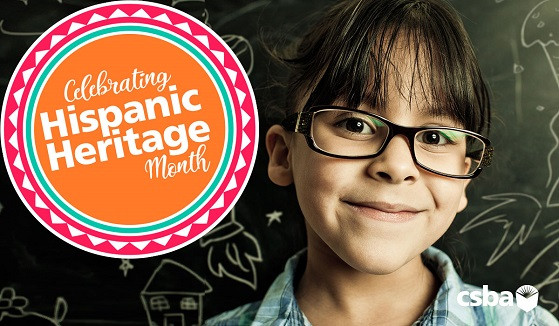by Alma Castro
The California Association for Bilingual Education (CABE) and six local educational agencies collaborated to implement the Multilingual California Project (MCaP), an Educator Workforce Investment Grant awarded to CABE and partners by the California Department of Education in 2020. The grant was awarded to aid in implementing professional learning on the California English Learner (EL) Roadmap Policy. Known as the MCaP Alliance, the six partner LEAs are: Butte County Office of Education (BCOE), Fresno County Superintendent of Schools (FCSS), Orange County Department of Education (OCDE), San Bernardino County Superintendent of Schools (SBCSS), San Diego County Office of Education (SDCOE) and San Diego State University (SDSU). The program was monitored and evaluated by Wexford, Inc., a nonprofit organization that uses research and evaluation tools to increase educational equity and excellence in Els and low-income communities.
Together, these trusted partners have strengthened their cross-region collaboration with a shared vision and passion to serve multilingual and English learners and theirfamilies, and to implement the EL Roadmap Policy. Via a cascading network of support (state, regional, district, school and classroom), MCaP provided professional learning, resources, information and support at all educator levels. During the grant period of 2020–23, information about MCaP learning opportunities was disseminated during meetings with the partners, via the website, and shared statewide through a network of social media platforms hosted by MCaP and partners.
This impactful three-year project left a positive mark, however, the work continues toward building educator and family capacity on supporting multilingual learners. We are grateful to Wexford, our evaluator, for their support in capturing the data for this project.
Program goals
The five goals defined for MCaP:
- Build capacity among school leaders to implement the EL Roadmap Policy including implementation of culturally and linguistically responsive practices.
- Support implementation of instructional practices that effectively develop academic content knowledge, discipline-specific practices, academic language, integrated and designated English language development, and multilingual and multiliterate proficiency.
- Identify and emphasize high-quality models for professional development regarding the EL Roadmap Policy, including, but not necessarily limited to, providing coaching for principals, teacher leadership opportunities, and the implementation of other models informed by research and best practices to best meet the needs of school leaders.
- Support the implementation, alignment, and articulation of the EL Roadmap Policy across and within school district systems.
- Create a multilingual collaborative statewide network of experts and agencies to guide systems that support the development of effective cross-curricular, disciplinary-based instructional practices for all Els.
Program successes
Cumulatively, over the three-year project period, 64,561 educators and 811 families have been served across 491 LEAs and 54 California counties. The CABE team’s collaborative leadership and trusted LEA partners — who truly led a dynamic team to implement the EL Roadmap Policy statewide and accelerate academic outcomes — have expanded multilingual opportunities for our students.
The MCaP project served a core 27 LEAs with their five county office of education partners partners. The implementation timeline was impacted by the nationwide COVID-19 shutdown in 2020 that impacted every community. Nonetheless, MCaP made a swift pivot to offer online, hybrid, and later, in-person learning, which proved to be a successful way to provide wider access to professional learning opportunities across the state.
Find resources, webinar recordings, and EL Roadmap Policy guidance at https://mcap.gocabe.org.
Alma Carina Castro, PhD, is director of Multilingual California Alliance Project, California Association for Bilingual Education (CABE) and a member of the Lynwood Unified School District Board of Education.





